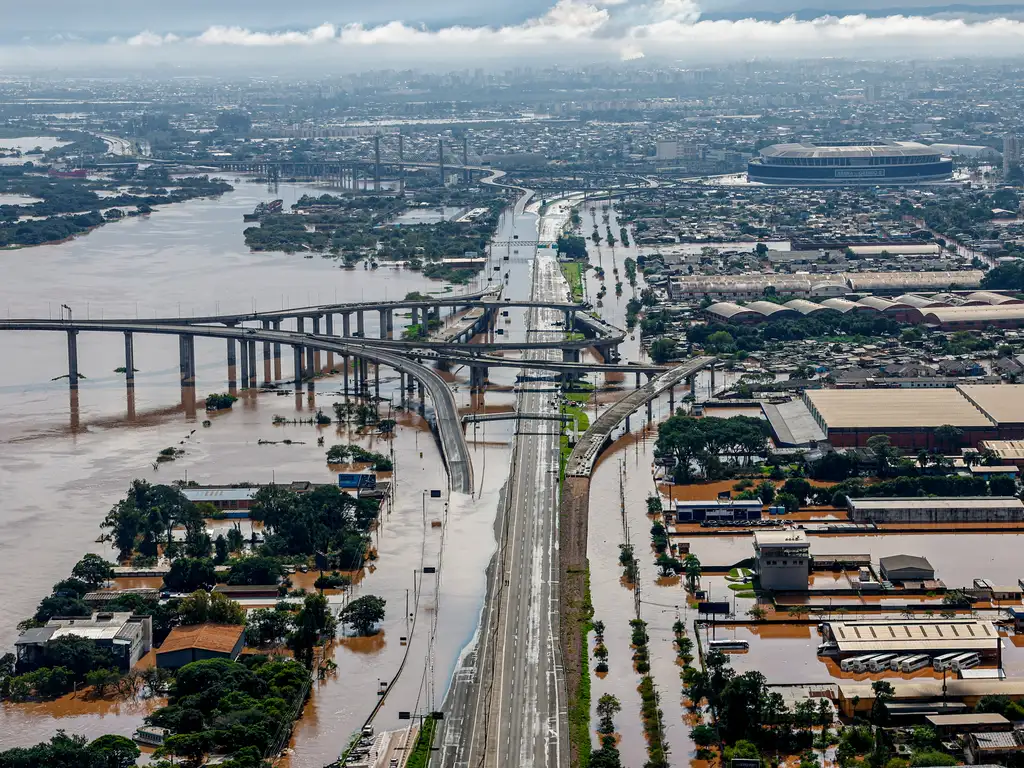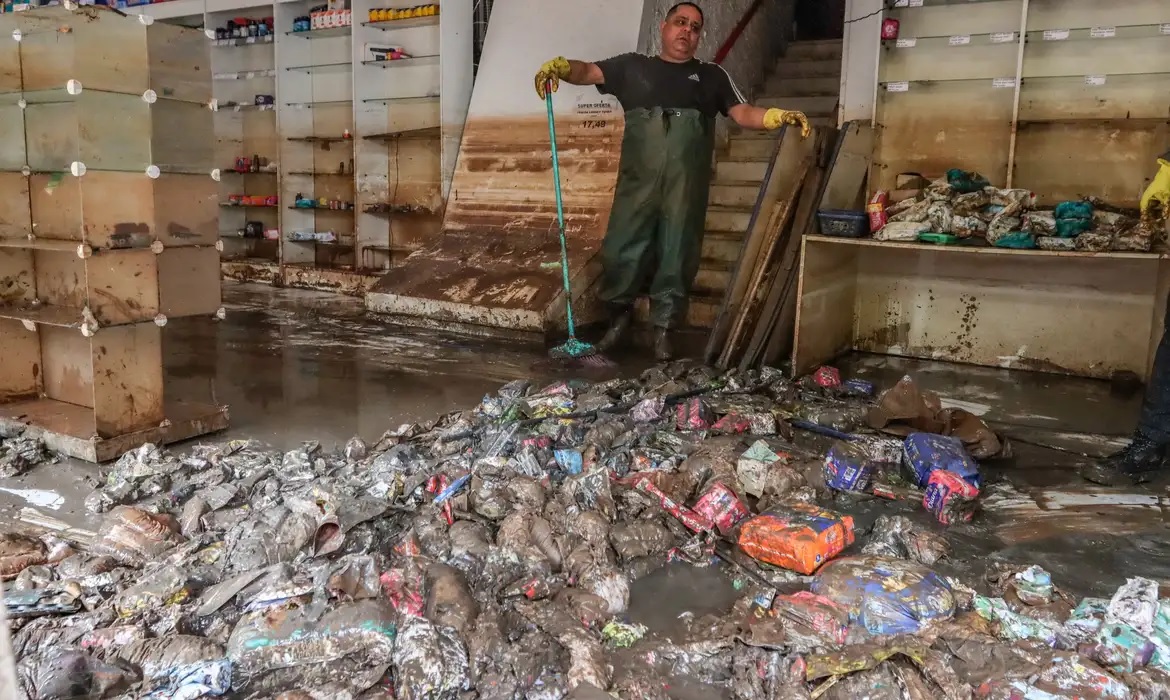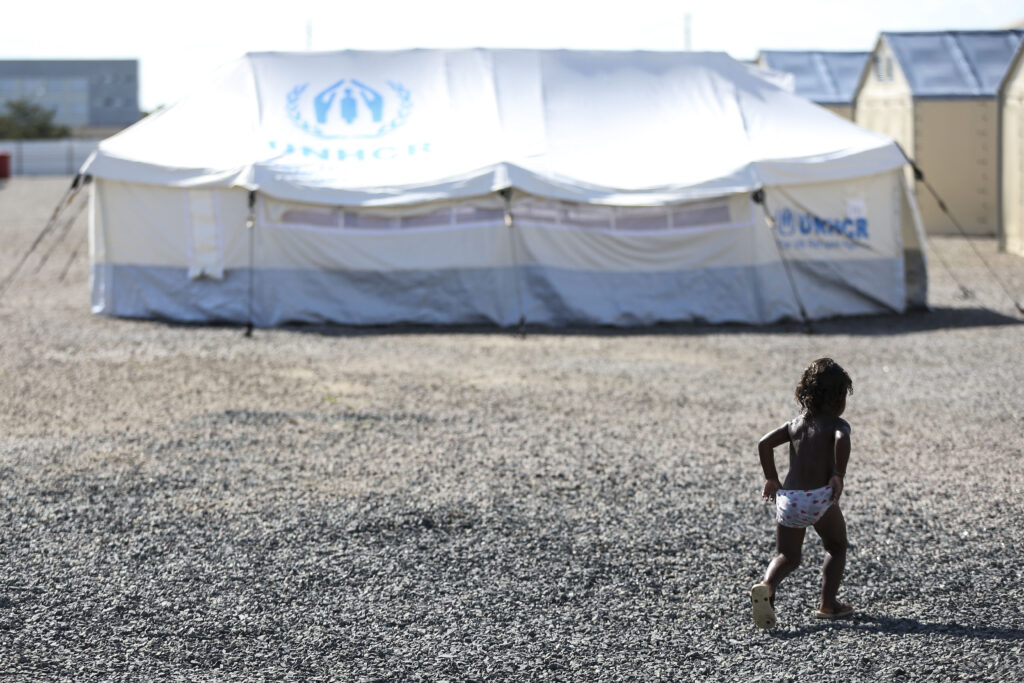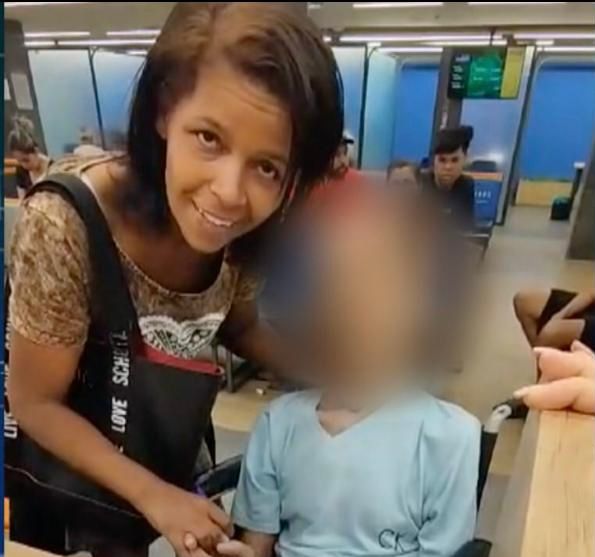São Paulo, Brazil – Four people have died from leptospirosis in Rio Grande do Sul, Brazil’s southernmost state, which has been hit with heavy rains and flooding since the beginning of May. The victims were all men, aged between 33 and 67, who lived in four different cities and had contact with contaminated rainwater.
Leptospirosis is one of the most worrisome diseases for state authorities, as there’s a large risk of people becoming infected due to contact with flood water. The disease is caused by leptospira bacteria, present in rat urine and commonly acquired through contact with contaminated water or soil.
Leptospirosis can cause a range of symptoms in humans, from mild flu-like signs to severe illness including kidney damage, liver failure, meningitis, respiratory distress, and, in some cases, death.
“The worsening of leptospirosis is an avoidable problem if, with symptoms such as fever, lower back pain and calf pain, people immediately seek health care,” said Health Minister Nísia Trindade. In addition to leptospirosis, there are other diseases that are worrying authorities and that could affect the population after flood waters recede.
According to the minister, respiratory diseases are a major concern at this point, especially because the state suffers from strong winds and low temperatures, in addition to rain. Therefore, Trindade also suggested that Rio Grande do Sul residents be vaccinated free of charge against influenza and Covid-19.
Marcelo Gomes, a health researcher, said that the drop in temperatures in Rio Grande do Sul creates a favorable situation for the spread of viruses that cause respiratory illness. Therefore, in addition to the influenza vaccine, he recommends that people wear protective masks, especially when they are inside hospitals and other healthcare facilities.
“With many people in shelters, living in very particular conditions, it is important to raise awareness, especially about the use of masks for those with symptoms of influenza or other respiratory diseases,” Gomes told Agência Brasil.
Furthermore, with the low water in rivers and lakes that have flooded cities, there is also concern about spreading of infectious diseases. “In addition to the issue of saving lives and rescues, which were fundamental in the first instance, today, we are already dealing with the lowering of water levels and, with that, the issue of infectious diseases,” said Trindade.
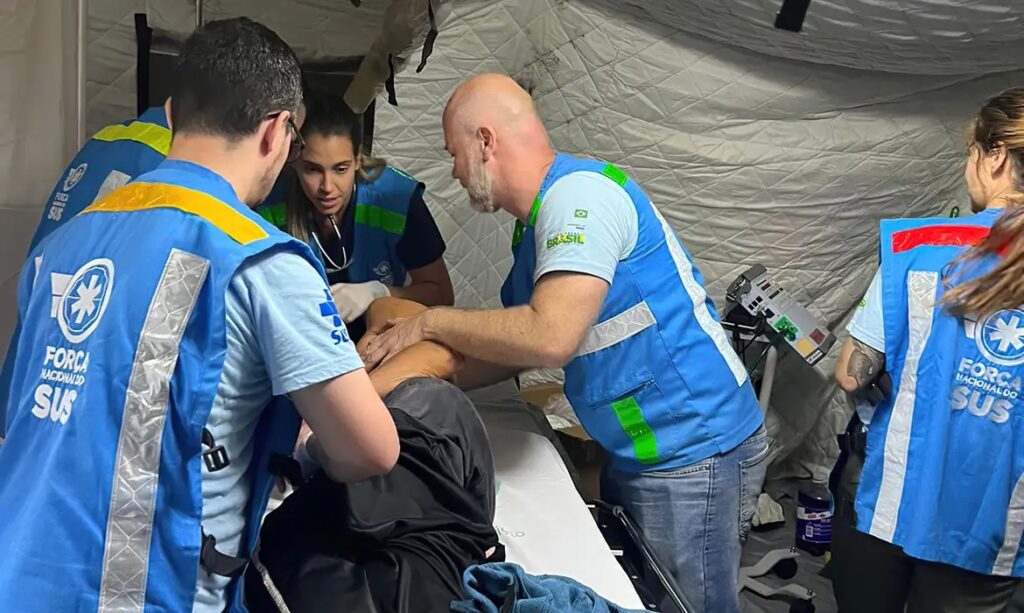
The Ministry of Health recommends that flood victims be vaccinated not only against influenza and Covid-19, but also against tetanus, hepatitis A and rabies. To this end, vaccination campaigns are being carried out in shelters in many cities across the state.
Data from the Emergency Operations Committee for Rio Grande do Sul indicate that 25% of health appointments in the state are related to respiratory diseases, while 7% are diarrheal diseases caused by contact with dirty flood water.
According to the Ministry of Health, in the last 15 days, health teams provided more than 3,500 consultations in Rio Grande do Sul – 2,000 in the city of Canoas — one of the most affected by the flood — and another 500 in the capital Porto Alegre. The state currently has three field hospitals set up for emergency care.
Cleaning and trash removal
The Ministry of Health also warned the population to take care to clean flooded houses and remove trash to avoid illnesses and accidents, which can be caused by contamination of water and food, the presence of venomous animals and electrical risks. Personal and environmental hygiene also becomes a priority to prevent disease outbreaks.
Contaminated water, according to the ministry, is one of the main risks after floods. Some diseases can spread easily in these circumstances, such as diarrhea, cholera, typhoid fever, hepatitis A, giardiasis, amoebiasis, worms and leptospirosis. Special care in cleaning, preparing and storing food is also extremely important at this point.
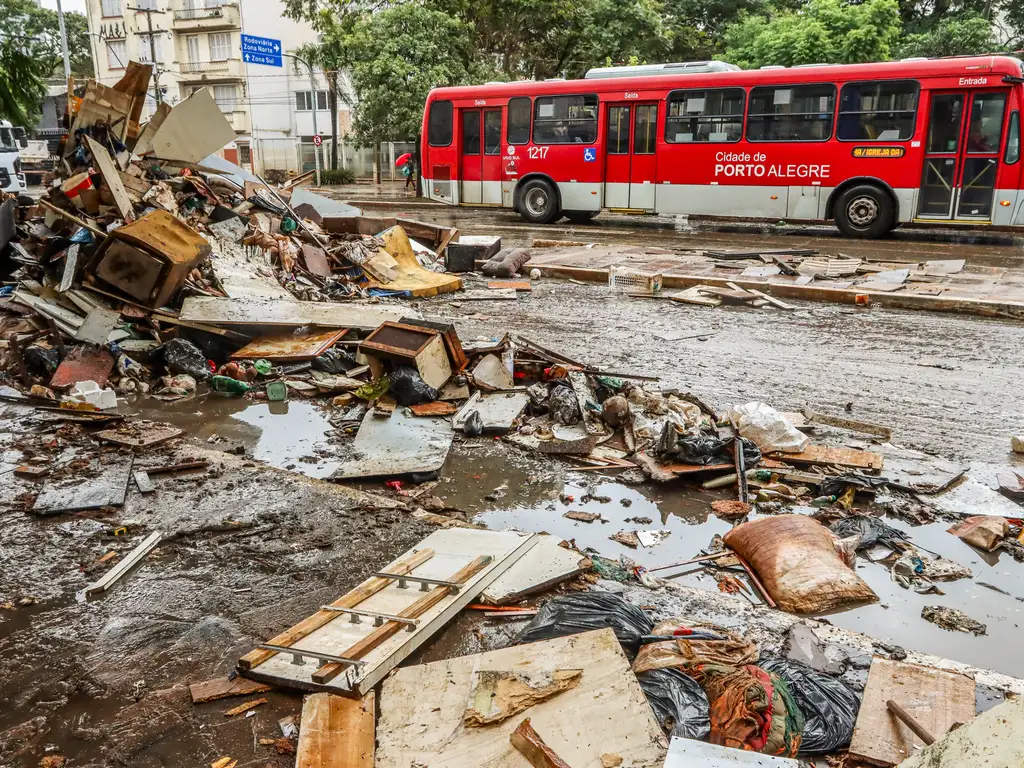
When floodwaters begin to recede, venomous animals such as scorpions, snakes and spiders seek shelter in dry places, including inside homes, or in places where debris accumulates, increasing the risk of accidents. Therefore, officials advise to never touch these animals and contact the authorities for safe removal.
Also, the presence of conductive water increases the risk of electric shock. If there is any sign of electricity in flooded areas, people need to keep their distance and inform the authorities. Another guideline is to avoid flooded areas with exposed electricity, including close to solar panels, in addition to turning off electricity to homes if necessary.
Tragedy numbers
Since the start of the rains, 163 people have died in Rio Grande do Sul. There are 72 missing and 806 injured. The state has more than 65,000 people in shelters and more than 581,000 cannot return to their homes.
The flood hit 468 of the state’s 497 cities, affecting more than 2.3 million people. Animals are also suffering from the tragedy and more than 12,400 animals, mainly dogs, have already been rescued.
